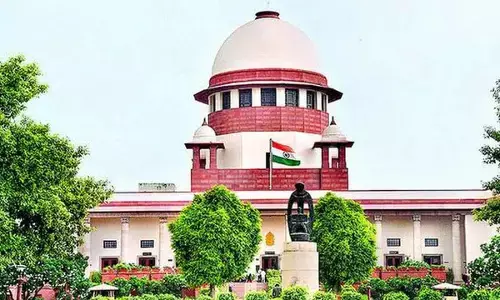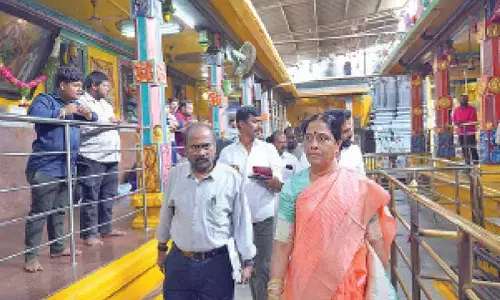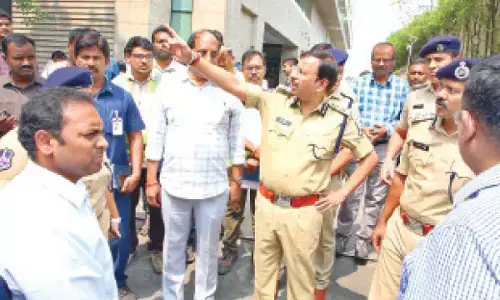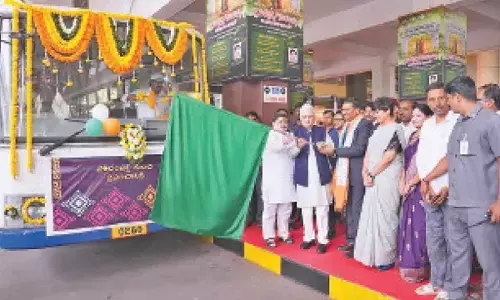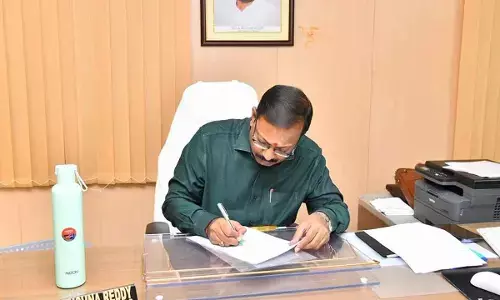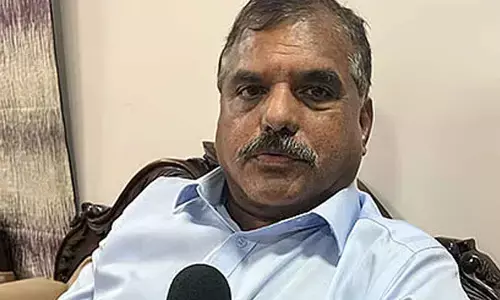Tata Sons chief bats for better planning
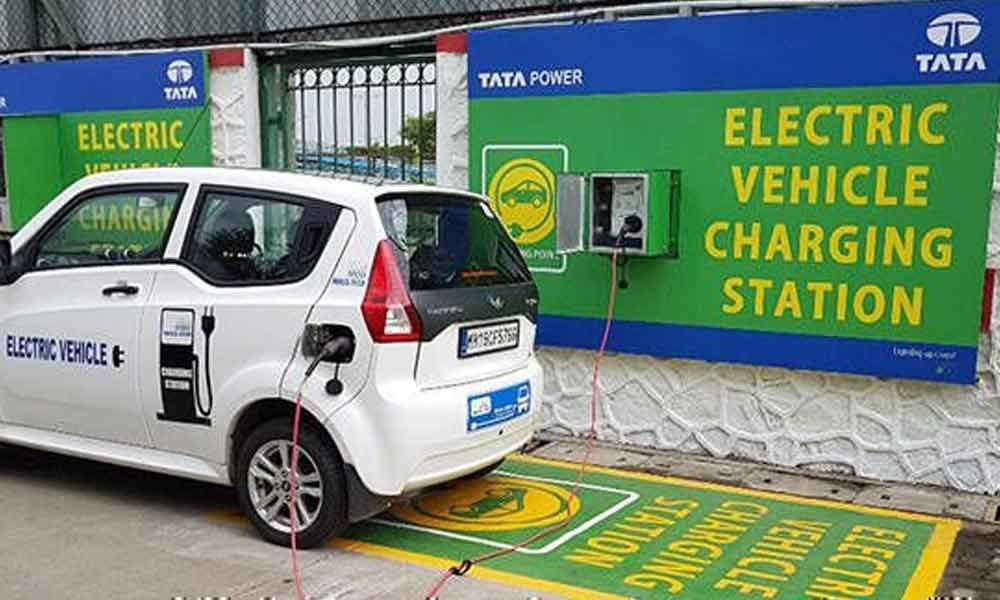
Chandrasekaran says Centre needs to ensure ecosystem readiness
New Delhi: Tata Sons Chairman N Chandrasekaran on Wednesday said migration to electric vehicles (EVs) needs to be planned to ensure entire ecosystem is ready through a multi-year road map, echoing views of industry leaders who have called for a calibrated approach towards electric mobility.
His statement comes at a time when two-wheeler makers -- Hero MotoCorp, Bajaj Auto, TVS Motor Co and Honda MotorCycle and Scooter India (HMSI) -- have opposed Niti Aayog's plan to push for 100 per cent electric vehicles by completely banning two-wheelers powered by Internal Combustion Engines (ICE) of up to 150cc by 2025.
"The migration to EV is important in our journey for sustainable mobility. But it needs to be planned to ensure that we have the entire ecosystem ready," Chandrasekaran said in a statement.
He further said, "What the government and industry must do is build a multi-year road map together, with milestones that could help all the players understand shared objectives, build capabilities and infrastructure and minimise any surprises along the way."
Tata group firm Tata Motors is among the pioneers of electric vehicles in four-wheeler segment in India. It along with homegrown rival Mahindra & Mahindra has won orders from state-owned EESL to supply electric cars for usage by various ministries.
Chandrasekaran said the demand for EVs needs to be created with the right incentives.
"So, the government and the industry need to work together to calibrate holistically the timeline of significantly reducing emissions," he added.
In the past, manufacturers such as Mercedes-Benz, Toyota, Honda had also called for an electric vehicle policy outlining long-term perspective, framework and parameters under which they could sell such eco-friendly vehicles.
They have also argued that hybrid technology must also be considered and supported for the transition from conventional internal combustion engines to full EVs.
Maruti Suzuki had also said in the past that EVs are for the long term and in the short to medium term, alternate fuel technologies such as CNG must be supported.
On Monday, India's big three two-wheeler makers -- Hero MotoCorp, Bajaj Auto and TVS Motor Co -- had hit out at Niti Aayog's plan to push for 100 per cent electric vehicles by completely banning two-wheelers up to 150cc that are powered by Internal Combustion Engines (ICE) saying such a transition is completely uncalled for and could jeopardise the industry.
Arguing that changing from conventional two-wheelers to 100 per cent electric is "not like Aadhaar, not a software and print cards", the companies said concerns of all stakeholders must be taken into consideration instead of imposing adoption of EVs.
"This is not like Aadhaar, not a software and print cards. You have to set up a whole supply chain, and migrate from the current supply chain," TVS Motor Co Chairman and Managing Director Venu Srinivasan had said.
Expressing similar sentiments, Hero MotoCorp said it was "deeply concerned by the potential repercussions of Niti Aayog's approach of completely banning two-wheelers up to 150cc that are powered by Internal Combustion Engines (ICE)".
Bajaj Auto Managing Director Rajiv Bajaj also said, "we believe 100 per cent transition is completely uncalled for".
HMSI on Tuesday said the industry needs more time to stabilise after BS-VI changeover before taking the next step of moving from internal combustion engine technology, especially considering Indian customer requirement of higher daily commuting distance and price consciousness.
Last week, Niti Aayog had asked auto industry body Society of Indian Automobile Manufacturers (SIAM) along with conventional two-and three-wheeler makers to suggest within two weeks, concrete steps towards transition to electric mobility by 2023 for three-wheelers and 2025 for two-wheelers.


